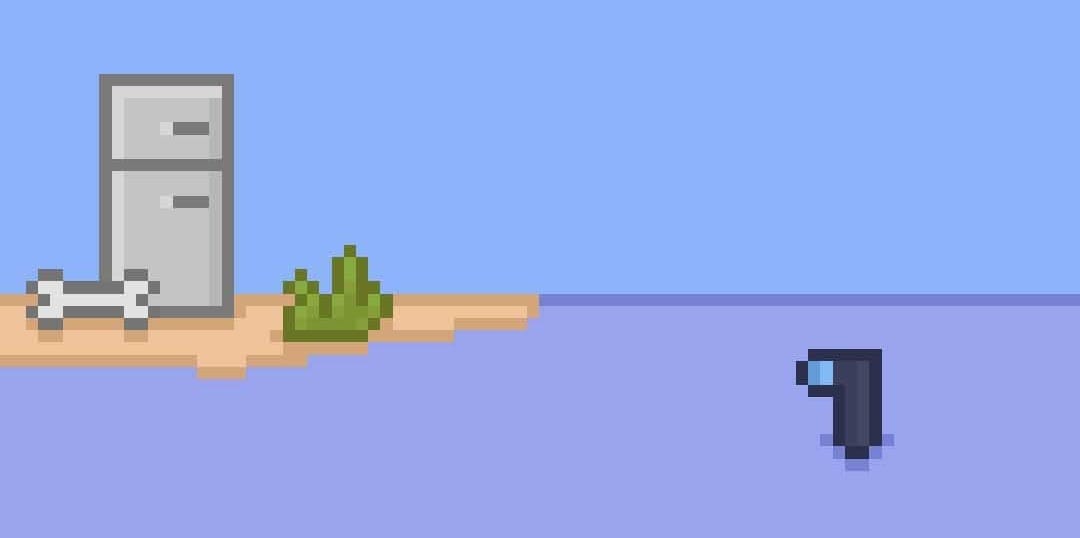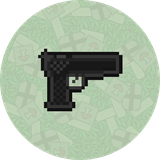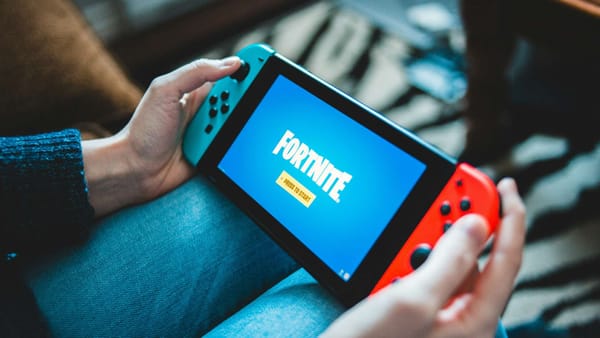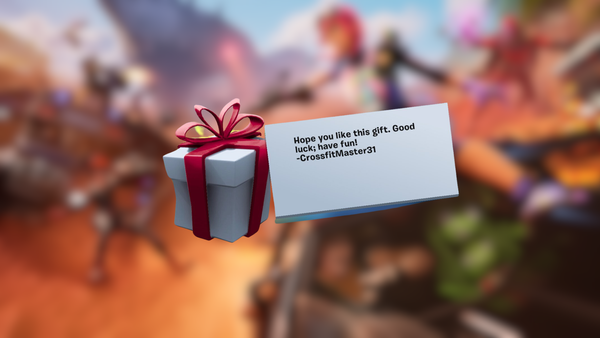Game Development Roadmap: From Start to Finish
It is advisable to have a solid plan in place before you start developing your game. This post will guide you in the making of your game from start to finish.

It is advisable to have a solid plan in place before you start developing your game. This post will guide you in the making of your game from start to finish. I will try to guide you through this game development roadmap that I have created. Before you start reading this post you should also maybe checkout my previous post @game developer requirements

The initial idea
Maybe you have already got a great idea for making a game or maybe you are still just pondering about what the best idea might be. Either way, it is important to have a solid idea and to write down all of the requirements of the game. This will also ensure that you know, what you are making is feasible.
Small or starting game developers can make the easy pitfall of thinking a game is made in a short period of time. This can be true for some games that aren't very complex, although I have seen time and time again that starting developers have great ambitions.
Make sure you already have a solid plan in place of what your game will be and one of the biggest parts of this game development roadmap will be done. It will make all of the other points a lot easier.

Creating / finding the assets
A game wouldn't be a game without the assets that make the game. By assets I mean graphical assets that will form the graphical design of your game. Creating or finding these assets can be done in multiple ways.
Creating the assets by yourself - this can be hard to do though. If you are not very proficient with designing software it will take a lot of work to really get the hang of it. I am talking about 2d assets now, 3d assets are a entirely different beast. 3d assets will be even harder to make by yourself if you are not already proficient in using 3d modeling software.
Finding free assets - the internet is full of content that is free to use, even for commercial purposes. This is a great way to quickly get something to look good. Although combining assets of multiple "asset packs" can cause your game to look a bit off. Surely when they all have a different style to them.
Buying assets - assets can also be bought on a wide array of sites on the internet. This can be costly though, so if you are starting out and have a limited budget or no budget at all I would advise against it. It would be more wise to spend the budget for promotional purposes. Buying assets can be in the form of "asset packs" or by hiring a freelancer that is able to tailer the asset completely to your needs. Ofcourse this will be more costly though.

Implementing the logic
Besides the front-end there will also be some work on the back-end. The code / scripts that your players won't see but are of crucial importance to the functioning of your game. Please checkout this post Game Development Software for Beginners and Game Development Languages to get a basic idea of what is required if you are not already a proficient programmer.
Depending on which area of game development you are most proficient in like; creating the assets, promoting the game or in this case programming. It is important to find out which one of the three interests you most and become an expert in that area. Programming isn't for everyone just like the graphical design side might be. Implementing the game logic will also be something that can be done in multiple ways.
Writing the code yourself - this is a piece of cake if you are already familiar with programming languages or scripting. It can be a huge pain to learn though. If you are a complete beginner to programming / scripting I would advice you to try a few languages and find which one is working for you.
Hire a programmer - again, this is only a option if you have a budget. It can be quite costly to hire one especially if your game has some very complex logic that has to be implemented.
Visual scripting - a lot of game engines support visual scripting nowadays, this is a very easy way to get into programming and scripting as it is very easy to understand. It will have some downsides though, like getting into more complex pieces of code that won't be very optimized when using a visual scripting engine.

Promoting the game
A very important part of launching your game will be creating the "hype" around the game. As a small / starting developer this will be very hard to do. I myself am more of a programmer than a marketing specialist or graphical designer. Fortunately or unfortunately there are many very good freelancers available to help you with this. Your game description and title should target keywords that are relevant to your game and do not have very much competition.
I haven't tried advertising the game through display ads like the game ads you might have seen playing other games. All of my installs were purely through organic searches on the app stores.
Updating the game
If you have acquired a solid player base for your game and the installs are still pouring in it is recommended to keep updating your game. Take player feedback and put it into the further development of the game. Updating the game will also make sure that app stores recognize that the game is still relevant. This will help in getting the organic search installs.

Final thoughts
I hope this post was as informational for you as possible. I have laid out a general game development roadmap that covers all of the big topics. I might create posts in the future that delve deeper into each roadmap point as they all have their do's and dont's that you should be aware of.
To keep in the loop of future posts, please consider subscribing to this blog so you never miss another post like this game development roadmap.





